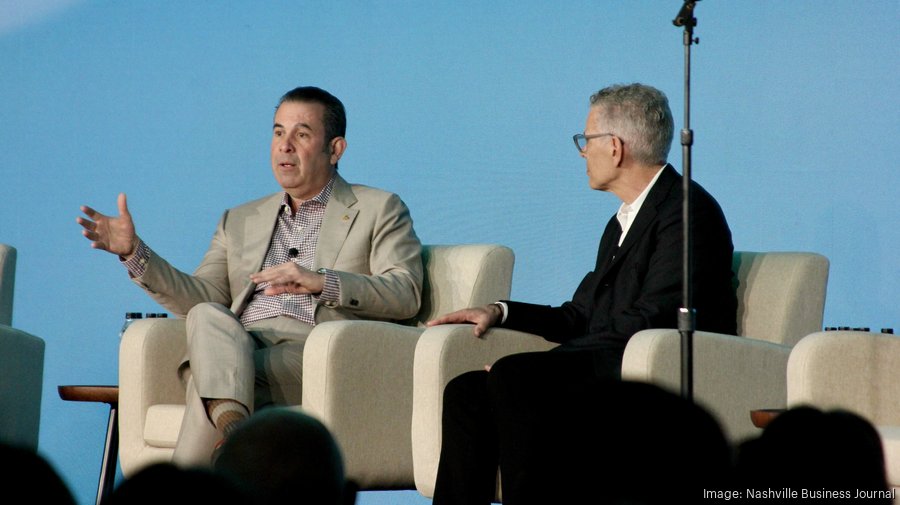Listen to this article 2 min
What scares Eduardo Conrado, president of health system Ascension?
Medicare.
“Medicare is going to grow over the next five years, because baby boomers are coming across,” Conrado said. “We’re going to be under pressure. … We lose money on every Medicare branch that we’ve had.”
Conrado expressed his concerns with the federal health insurance, which is primarily for American’s 65 and older and funded directly by the government, during Tuesday's Oracle Health Summit.
Based in St. Louis, Ascension is among the nation’s largest nonprofit and Catholic health systems, with $3 billion in losses on revenue of $28.3 billion in fiscal 2023.
Ascension is the parent company of Ascension Saint Thomas, which is one of Nashville’s largest employers with 8,900 employees locally in 2023, according to Nashville Business Journal research. Ascension Saint Thomas operates three of Nashville’s largest hospitals — West, Midtown and Rutherford.
Oracle (NYSE: ORCL) is the source of Nashville’s largest economic development project in city and state history. This is the second private event Oracle has hosted in Nashville, following a smaller, invitation-only gathering in August.
Conrado said within the next five years, Medicare is going to be one of the biggest insurers for Ascension topped off by Medicare Advantage, which is offered by private companies but approved by Medicare.
What Ascension and its partners like Oracle need to do, according to Conrado, is use their data and insights to help work on population health at scale.
“We’re not optimized to manage that traffic,” Conrado said of the influx of upcoming Medicare users. “We can do it right now, but in the next seven or five years from now, I think every health care system is going to be under pressure.”
